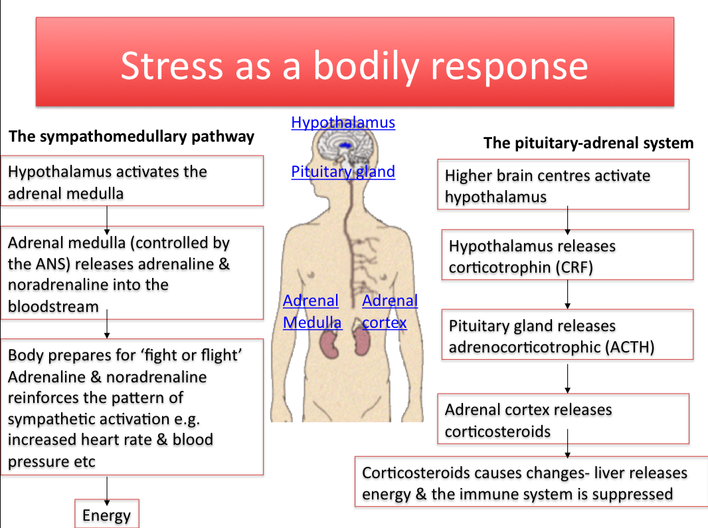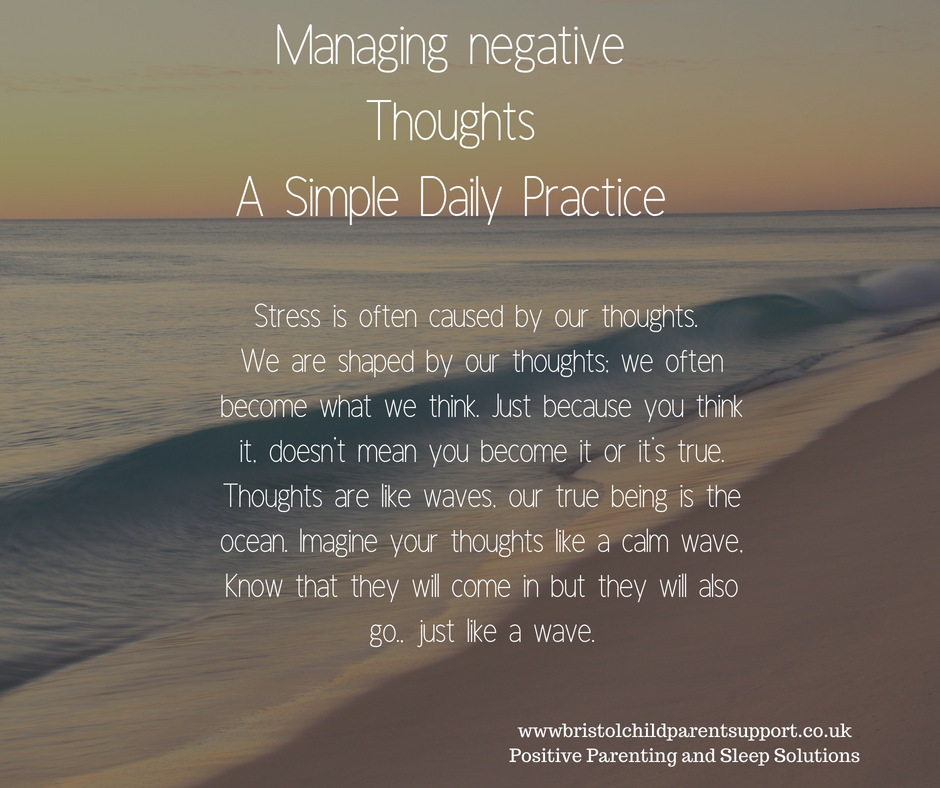Do you feel that your life is sometimes in chaos, and even though you try hard, finding calm is difficult? Many of my clients enter the room feeling stressed or even traumatised. Parenting Stress places a significant strain on families; Stress can damage relationships, save patience, and substantially impact our health. We all need a bit of calm in our lives, so read on, understand the stress response and my five top five hacks to manage it.
What is a Stress Response?:
It’s normal to respond to something in the environment, a job interview or a deadline. So our bodies will try to regulate this response. This is the Flight or Fight Response; the amygdala is triggered (a mindless reaction and reflexive, not reflective); this then triggers the hypothalamus, which is a bit like our command centre for the rest of the body and sends signals via the autonomic nervous system. The autonomic nervous system has two components, the sympathetic nervous system and the parasympathetic nervous system. The sympathetic nervous system functions like a gas pedal in a car. It triggers the fight-or-flight response, giving the body energy to respond to perceived dangers. The parasympathetic nervous system acts like a brake. It promotes the “rest and digest” response that calms the body down after the threat has passed.
What Happens in our bodies:

Our hypothalamus is triggered and starts a series of reactions on the HPA axis. This means it involves our hypothalamus, pituitary gland, and adrenal glands. Sometimes we have so much stress (toxic stress) that this system can’t break our responses.
What happens if we are chronically stressed?
Research suggests that chronic stress contributes to high blood pressure, promotes the formation of artery-clogging deposits, and causes brain changes that may contribute to anxiety, depression, and addiction. More preliminary research suggests that chronic stress may also contribute to obesity through direct mechanisms (causing people to eat more) or indirectly (decreasing sleep and exercise).





